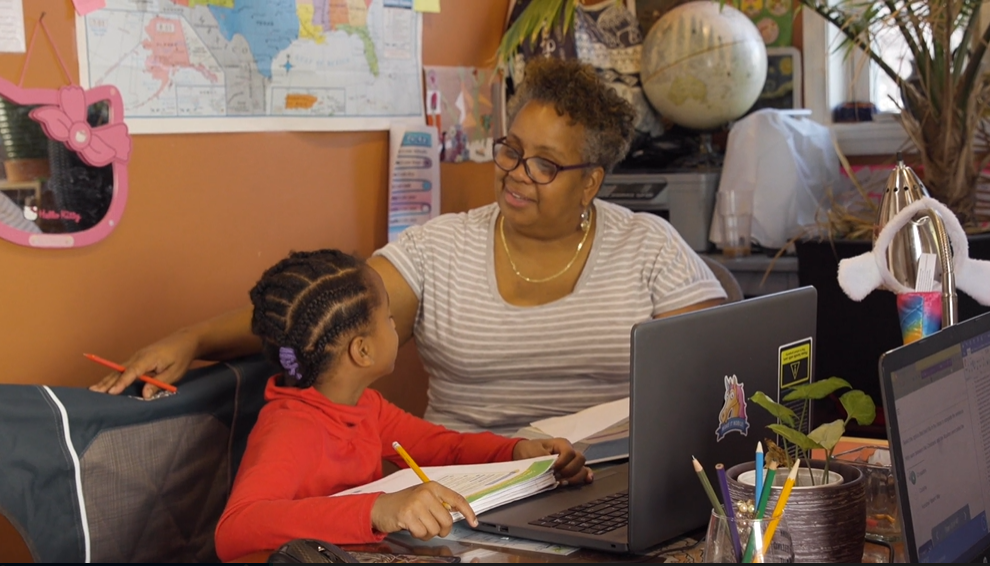
Editor’s note: This commentary from educator Garris Stroud, author and education choice advocate from rural Western Kentucky, points out that school choice, historically seen as an urban issue, has clear benefits for more rural areas as demonstrated by West Virginia’s authorization of two virtual charter schools, which will expand options for students statewide.
School choice and rural communities are a lot like oil and water: historically, they haven’t mixed. Efforts to expand educational options for families have instead been more focused on America’s cities, where access to these options abound. But now, thanks to West Virginia, states may have a model for expanding school choice for families living outside major urban areas.
Until recently, West Virginia was a part of the bloc of rural states like Nebraska, Vermont, and the Dakotas that prohibited the authorization of charter schools. That changed in 2019 when the government enacted a law allowing charters to receive financial support from the state education system, and this year, West Virginia made history by approving three brick-and-mortar charters alongside two virtual academies.
While the brick-and-mortar schools will serve the more populated Morgantown and Eastern Panhandle areas, the virtual charters will be open to students statewide. The West Virginia Virtual Academy, which will be run by Stride, Inc., will have a career-technical education focus and will enroll up to 2,500 K-12 students. The second, Virtual Preparatory Academy, will be run by Accel and will enroll up to 2,000.
To continue reading, click here.


